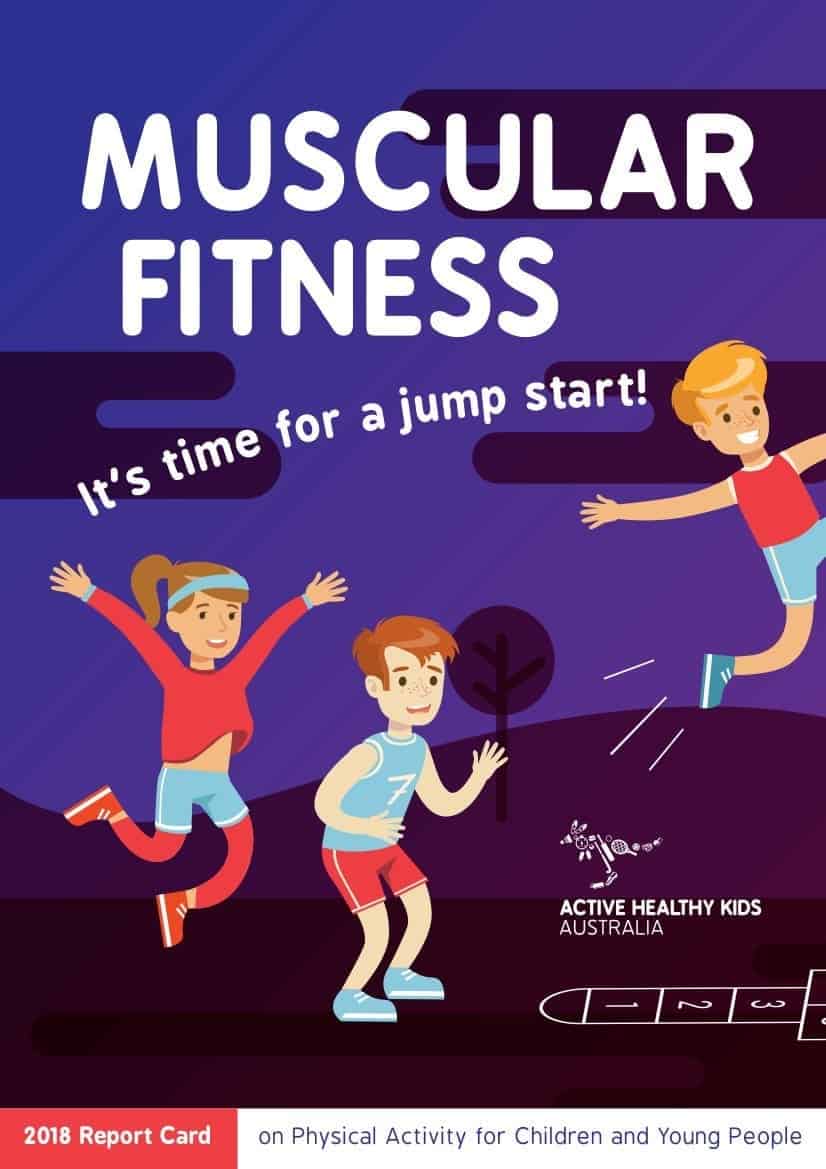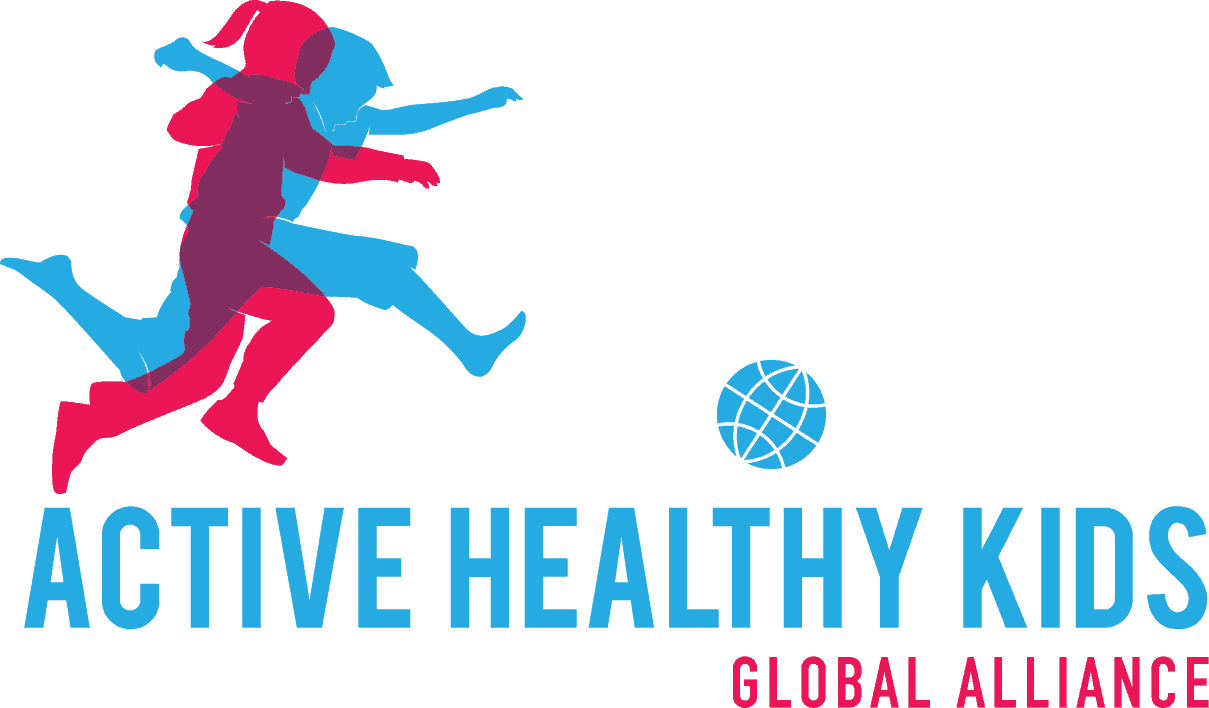
27 Nov Australia Launches Their 2018 Report Card on Physical Activity for Children and Young People
On behalf of Active Healthy Kids Australia (AHKA), I am excited to announce that the 2018 Report Card on Physical Activity for Children and Young People has now been launched and is available from the AHKA website.
The focus of this year’s Report Card: Muscular Fitness; It’s time for a jump start, highlights that over the last 30 years the muscular fitness of Australian children has declined, and when compared to children from around the globe we rank in the bottom 35% – this is not good enough.
Active Healthy Kids Australia has put forward three top priorities that need to be addressed if we want to see our grade for Overall Physical Activity Levels improve from a D-:
- All Australian families need to be able to access practical advice, examples and opportunities that will support children to meet the 24-hour movement guidelines every day. All physical activity messaging should include achievable ways for children and young people to incorporate more activity into their daily routines that also promotes the involvement of parents/carers and siblings. Activity suggestions must cater to broad and differing interests and include both aerobic- and strength-based examples. Families also need to be supported and educated about how they can limit sedentary screen time and how to encourage good sleep habits with a focus on early to bed and early to rise.
- National funding for comprehensive school physical activity programs that would support and allow for the following:
- A national school physical activity policy that specifies that students be given the opportunity to engage in a minimum of 150 minutes per week of organised physical activity, with physical education as a core component. This should include implementation strategies and mechanisms to ensure accountability among schools.
- Every primary and secondary school to have a tertiary qualified health and physical education teacher that delivers physical education classes to all students and supports classroom teachers to engage students in physical activity throughout the school day.
- Students to be provided with ample time and appealing spaces during recess and lunch to engage in free and active play.
- National funding for routine and regular surveillance of physical activity and fitness (e.g., aerobic and muscular) of all Australian children, including consensus on measurement methods among states and their government departments.
This years AHKA Report Card was produced as a part of the Active Healthy Kids Global Alliance (AHKGA) Global Matrix 3.0, which compares grades across 49 countries from six continents. Country Report Cards can be accessed from the AHKGA website and a special edition of the Journal of Physical Activity and Health showcases a number Global Matrix 3.0 papers.
Please do not hesitate to contact me for more information about the 2018 Report Card and/or previous Report Cards.
Best regards
Dr Natasha Schranz
PhD Co-Chair and Research Fellow
Active Healthy Kids Australia
Alliance for Research in Exercise, Nutrition and Activity (ARENA)
School of Health Sciences
University of South Australia
P: 8 8302 1285 E: natasha.schranz@mymail.unisa.edu.au


